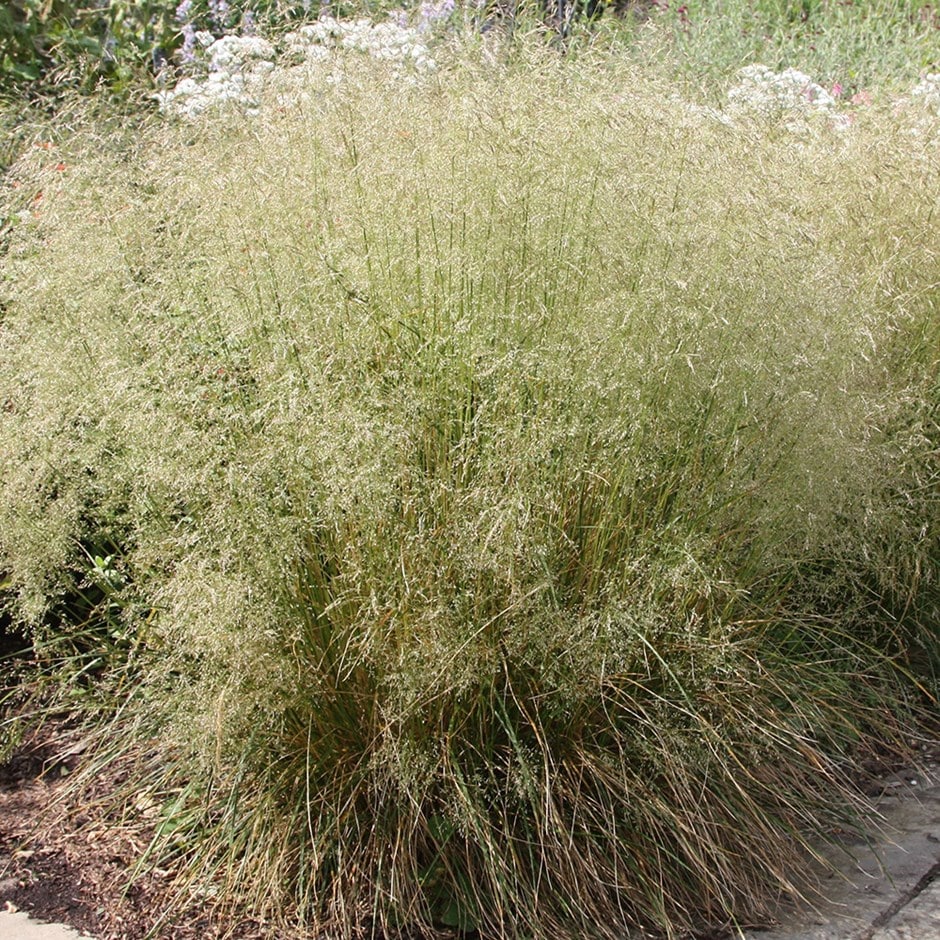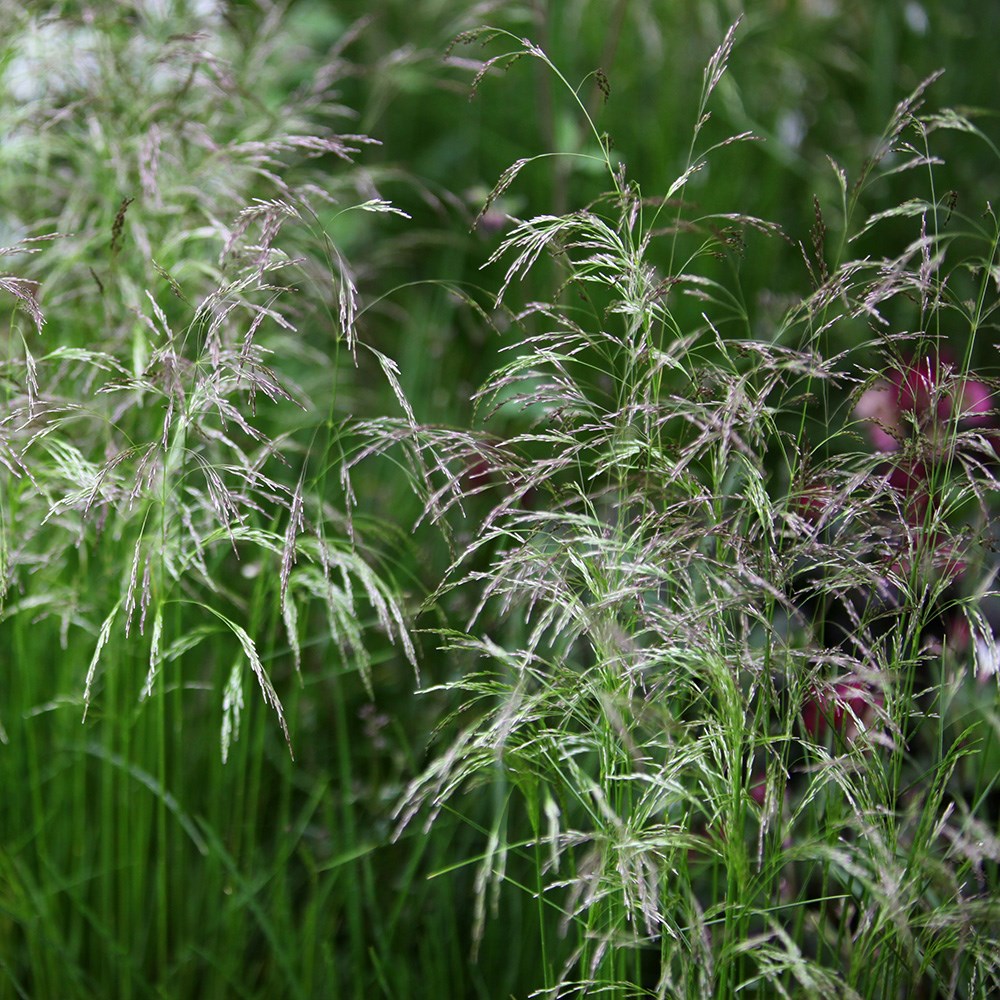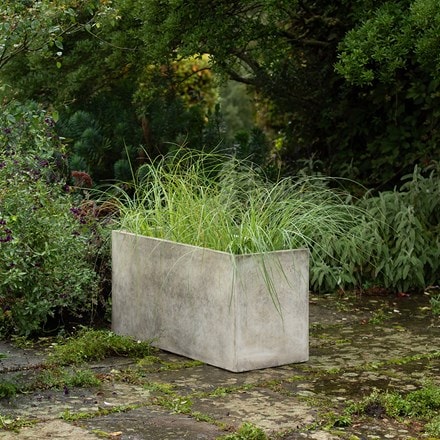Deschampsia cespitosa
tufted hair grass
- 9cm pot
- £9.99
- In stock (shipped within 3-5 working days)
- 3 × 9cm pots
- £22.99 £7.66 each
- In stock (shipped within 3-5 working days)
- 6 × 9cm pots
- £39.99 £6.67 each
- In stock (shipped within 3-5 working days)
Delivery options
- Standard £5.99
- Position: full sun or partial shade
- Soil: moderately fertile, moist but well-drained soil
- Rate of growth: average to fast
- Flowering period: June to August
- Hardiness: fully hardy
Forming evergreen tussocks of stiff, mid-green leaves, which are topped by open, arching sprays of silvery-purple spikelets throughout the summer, Deschampsia cespitosa is a marvellous grass.
Often topping designer's wishlists, it is easy to grow and the flowerheads can be cut and added to dried arrangements.
It's happiest in a sunny or lightly shaded position with reliably moist soils, although once established, it will also become tolerant of drought.
Often topping designer's wishlists, it is easy to grow and the flowerheads can be cut and added to dried arrangements.
It's happiest in a sunny or lightly shaded position with reliably moist soils, although once established, it will also become tolerant of drought.
Deschampsia thrives in moist, well-drained soil with full sun or partial shade. Incorporate organic matter into the backfill and surrounding area to enrich the soil and enhance plant growth.
Regular watering is crucial during the establishment phase, after which the grass becomes more drought tolerant though Tufted Hairgrass performs best with consistent soil moisture.
Remove the faded flower-heads in late winter before new growth appears. If the foliage has also started to look tatty at that time of the year, then this too can be cut back hard.
In warm areas the plant has a tendency to self-seed freely. Where this is the case remove unwanted seedlings as part of routine border maintenance.
Regular watering is crucial during the establishment phase, after which the grass becomes more drought tolerant though Tufted Hairgrass performs best with consistent soil moisture.
Remove the faded flower-heads in late winter before new growth appears. If the foliage has also started to look tatty at that time of the year, then this too can be cut back hard.
In warm areas the plant has a tendency to self-seed freely. Where this is the case remove unwanted seedlings as part of routine border maintenance.
Goes well with
Rectangular terrace planter - weathered cream
100 × 40 × 50cm
£251.99
In stock (shipped within 3-5 working days)



